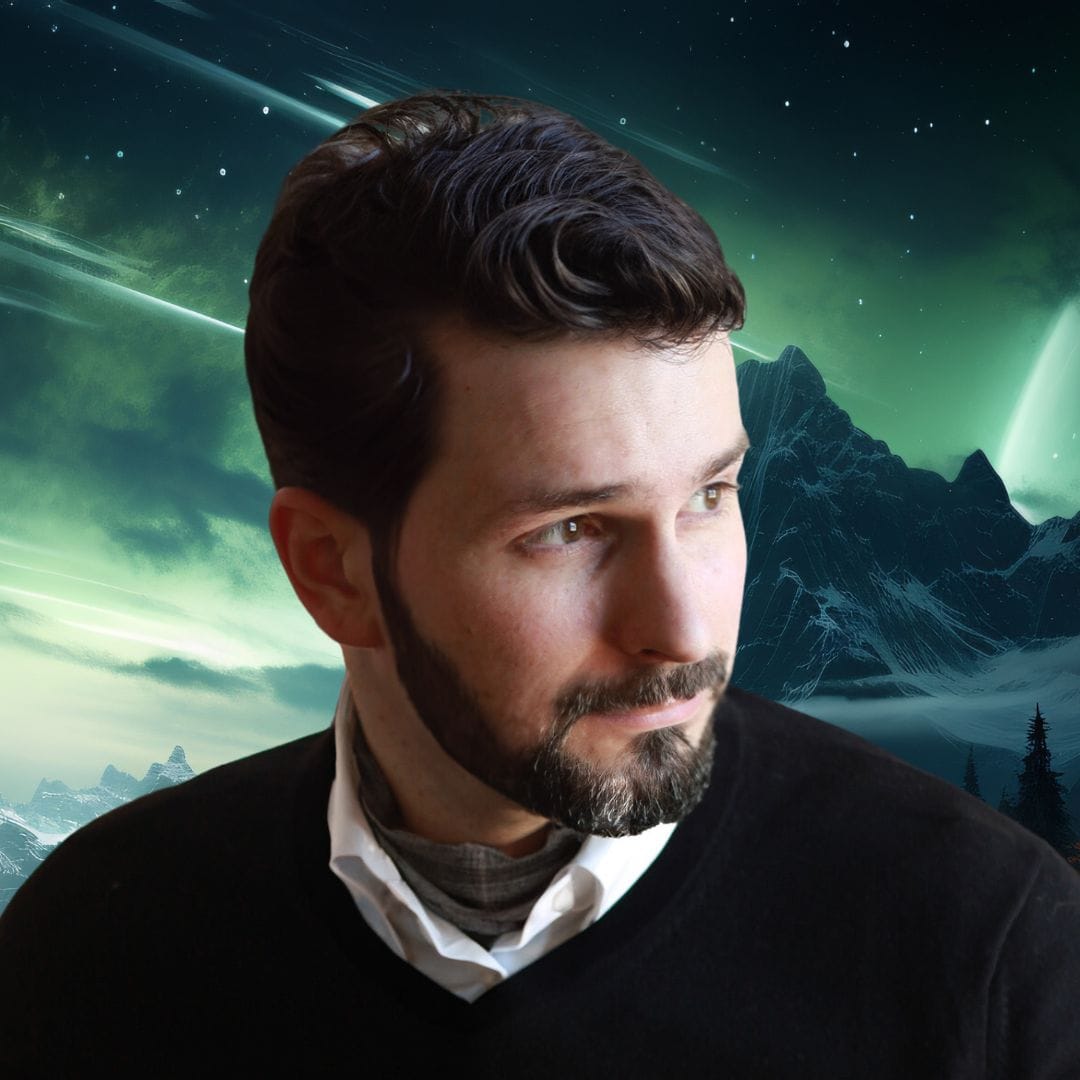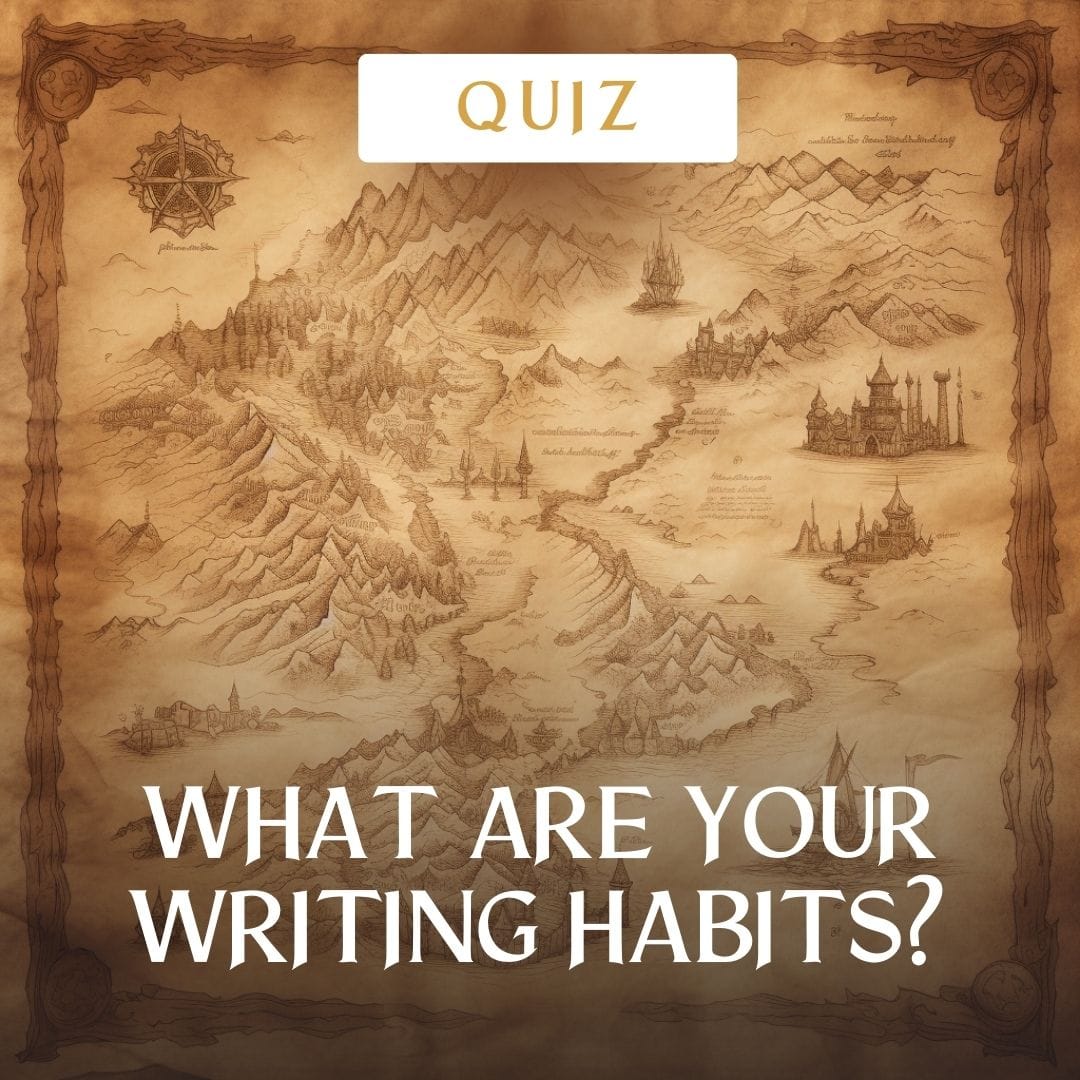2 books called to me like grimoires throughout my childhood. An illustrated Bible, and the Usborne Book of Facts for Kids. Both were thick tomes dense with details and stories.
My favorite part was the maps. A great big poster of the continents hung over a dresser in the school room, and I’d stare at it till my mind slipped out of time.
Why? Because it was new things to discover. The ‘Columbus’ hunger to find a new world.
When I started writing my own fantasy novels, I spent hours and weeks over my own maps, because they were new places to explore. Every new book meant a new map, and the stories grew from the characters pressing through these frontiers of time and space.
Learning more about the world ignited a hunger to discover, and learn. But as I got older, and crammed through school, a deep disappointment settled in. I became listless, saddened, hopeless.
The culprit? My beloved world maps. And the sense of ‘historical snobbery’ in my Christian culture – that we’d reached the edge of what’s knowable, dogmatized the truths, and were working out the final, liminal details.
I felt shriveled. Everything has been charted. There was nothing left to find. My favorite elements on the maps of Middle Earth, Prydain, and Narnia were the edges, the no-man’s lands, the places that hadn’t been explored. But they weren’t real. At least, not as real as the Himalayas.
And none of the adults around me thought any different. They were happy that all the boxes were neatly checked and the world was a safe place. Christ himself and creativity was a tame, predictable lion.
Then, I once read the biography of Matteo Ricci, a Renaissance Jesuit missionary to China. He trekked into China hinterlands through a Himalayan backdoor. High up there, nestled in the clefts and inaccessible valleys, found a completely isolated community that had grown and thrived.
Who were they? How did they get there? What was their story?
So my imagination leapt. There were still gaps and holes to be explored. New things to find. The more I learned, the more I found that there’s still a ton we don’t know.
Scientists think we only know 24% of the world’s species.
The continental shelves hide drowned ruins of ancient cities.
Deserts and jungles have silted over and saturated villages and ancient communities.
Quantum science is upending how we think about the world, and how consciousness informs matter.
The more the world comes online, the more we discover that our school books haven’t captured everything. There’s still a ton to discover.
For example, Barnes and Noble’s simple move to allow each store branch to communicate their local flavors and content mean that every store becomes something new, and still familiar.
More and more content is crossing the language barriers, being translated into English, and our understanding of history, context, and consequences is flowering and exploding around us.
We are furiously trying to document it all, organize it in galleries, categorize it, and makes sense of it all.
And right when we thought the strings of things couldn’t be loosened any further, science starts upending itself with revised theories like morphic resonance, quantum mechanics, and biomagnetism.
Our global connection has crested a revolution in how we think of ourselves.
For me personally, my journey has been the same. Sometimes we need to flip a map over to see it’s backside, like a tapestry, to get a fresh perspective. And to realize we don’t know everything after all.
In ‘Da Vinci’s Demons,’ the main character Da Vinci mulls over the greatest sadness; that there are no more questions to be asked.
The truth is that the more we learn, the more we have to learn. We’re never going to exhaust it all. The island of knowledge is a valuable metaphor; the outline of the island is what we know. It is also the outline of everything we don’t know. As we discover more, we increase the outline, pushing the frontier into the scintillating, quantum potential of the unknown.
And that is the most exciting thing to discover ever.
So for me, and my house, we will be living on the edge, that slim line that celebrates all that is known, and the humility that we are drenched in a deep magic and a greater renewing.
Every person is a new novel without an ending. Every historical moment will have multiple readings. And new things are being created.
The only things that are definite are the dogmas that have been unloosed from Heaven, since they are sneak peeks at the bones of Creation, the immovable truths that the Church imprints on creation.
But our culture fades, and our cultural expression of these truths fade, and are renewed.
Which means we’re never done learning.
Prov 25:2 – It is the glory of God to conceal things, but the glory of kings is to search things out.
Now I know that maps are the shadow play on the walls of the cave, the sketched outlines of symbols, giant hieroglyphs the size of continents, stories that compete and complement.
Map-making is the beginning, not the end of discovery.




0 Comments